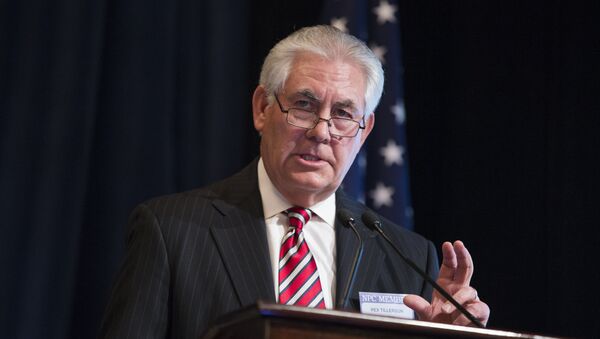“Tillerson will firstly need to define the United States' strategic objectives, and whether Washington will remain committed to lead the international liberal order, or whether it would be less active as a global presence,” Woodrow Wilson Center senior analyst Shihoko Goto said on Tuesday.
Tillerson will face an international community still uncertain about what it should expect from the new Trump administration, Goto observed.
Although Tillerson had great experience negotiating productively with Russia and its president Vladimir Putin, he would now have to do so across a far broader range of issues than he had been accustomed to, Goto pointed out.
“Much has been made about his dealings with Russia and relations with Putin in particular. But they have been through a narrowly defined issue, the energy market, where objectives are clear and results tangible. That will not be the case in the world of diplomacy,” she said.
Tillerson's nomination suggests that Trump is seeking sweeping change across the board, including foreign policy, Goto suggested.
Retired Brown University Assistant Professor of Economics Barry Friedman told Sputnik that Tillerson would pursue Trump’s focus on US national interests with a strong emphasis on the energy issues that have dominated his professional career at Exxon Mobil.
“I expect [Tillerson] will be looking toward American interests including the flow of oil and locating new reserves, as engines of world economic growth,” Friedman said.
Friedman predicted that Tillerson would seek new agreements with Russia to facilitate the joint development of new oil and gas fields in the Arctic.
Friedman also suggested that Tillerson’s immense experience in negotiating with Saudi Arabia on oil issues should smooth relations between Washington and Riyadh.
Tillerson also had great experience in dealing with Kurdish leaders in northern Iraq, Friedman recalled.


